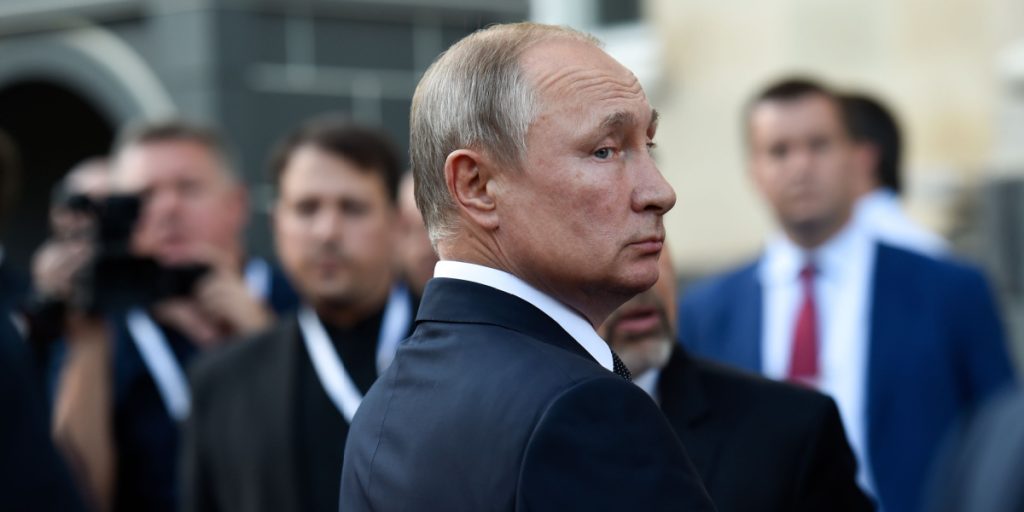The International Criminal Court (ICC) issued this warrant in March 2023.
Others are reading now
Russian President Vladimir Putin is set to visit Mongolia on September 3, 2024, raising significant legal and diplomatic questions due to his international arrest warrant.
Arrest Warrant on Putin
The International Criminal Court (ICC) issued this warrant in March 2023, accusing Putin of the illegal deportation of Ukrainian children during the ongoing conflict in Ukraine.
This visit marks Putin’s first trip to a country that is a signatory to the Rome Statute, which established the ICC, since the warrant was issued.
Mongolia, which signed the Rome Statute in 2000 and ratified it in 2002, is legally bound to detain individuals on its territory who are subject to ICC arrest warrants.
Also read
This includes Putin, who faces serious allegations from the ICC. The Kremlin, however, has vehemently denied these charges, calling them politically motivated and unfounded.
Testing the Limits of International Law Inforcement
The upcoming visit to Mongolia presents a unique challenge for both international law and Mongolia’s legal obligations.
The ICC’s arrest warrant creates a complex situation for Mongolia, a member state required to uphold the Court’s mandates. This visit highlights the ongoing tension between international legal obligations and diplomatic relations.
Mongolia’s response to this visit could have broader implications for the enforcement of ICC decisions and international justice.
Putin has been notably cautious about international travel since the arrest warrant was issued, avoiding key events such as the BRICS summit in South Africa and the G20 summit in India in 2023.
His decision to travel to Mongolia despite the ICC’s warrant suggests a strategic move, possibly aimed at minimizing the potential diplomatic fallout while testing the limits of international legal enforcement.


